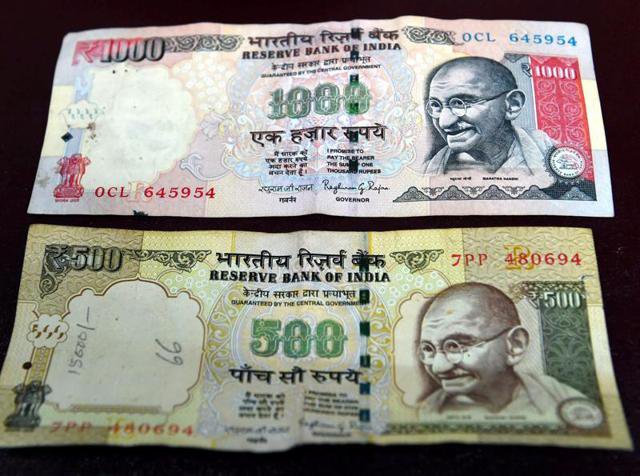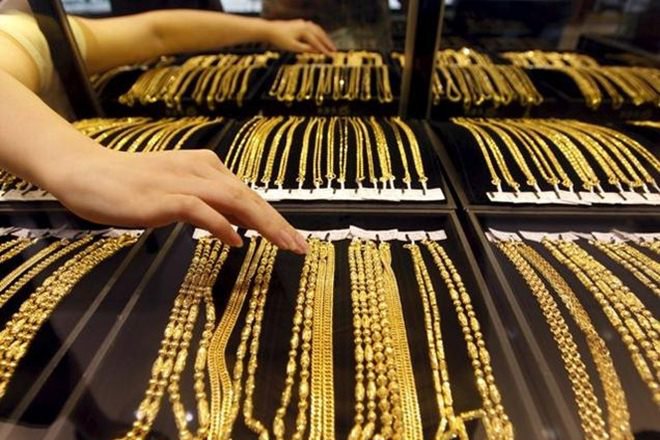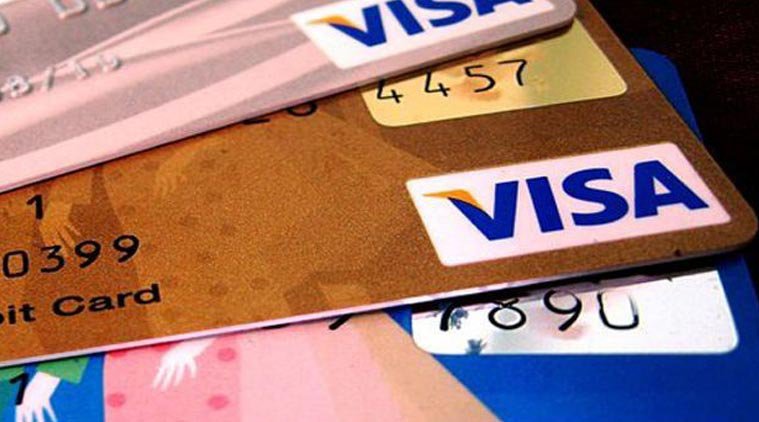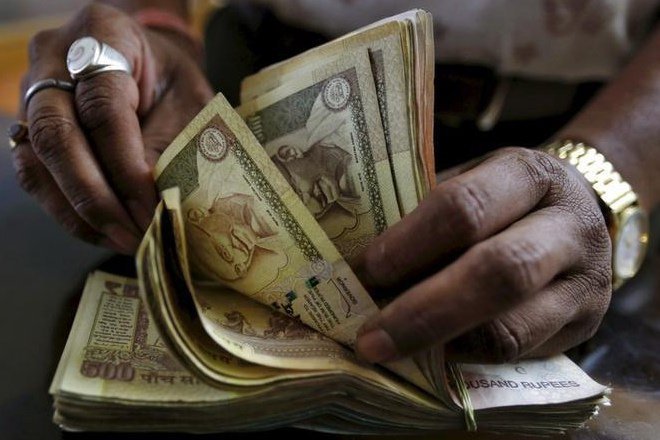The demonetization of currency notes in the high value denomination of Rs 500 and Rs 1000 with effect from November 8 is intended to serve the purpose of curbing the shadow economy. The shadow economy is estimated to be at a disturbing level of 23.2 percent of India’s Gross Domestic Product (GDP : the total value of goods and services produced) as per a 2007 World Bank study as well as the menace of circulation of fake currencies.
The objectives of containing black money and fake money are laudable and the secrecy maintained in introduction of the initiative deserves appreciation.
The Indian government had offered a scheme to declare unaccounted assets up to September 30, 2016 but the response cannot be considered very encouraging. The new measure of demonetisation is a logical extension of the efforts to flush out black money which sustains the shadow economy and has become a conduit for nefarious activities ranging from tax evasion to financing terrorism and criminal activities of smuggling and drug traffic.
But, black money is not entirely kept as currency notes.

Real estate, gold and other precious metals may form a much higher proportion of the unaccounted assets. Unless these sectors are also targeted for cleansing the shadow economy may continue to thrive.
However, the cash portion of transactions in these assets will be rendered difficult only for the time being.
The reintroduction of Rs 500 notes and fresh issue of Rs 2000 notes may provide opportunities for generation of further black money unless we switch over to electronic mode of storing the surplus. The virtual failure of earlier demonetisation efforts need to be kept in mind.

There will be a lot of inconvenience for the general public for some time until the high value notes are exchanged/ deposited in banks and normal withdrawals are permitted across the counters and through ATMs.
Traders, particularly those of perishable goods, will be put through much hardship because people cannot use the old currency notes and the new ones are yet to be issued. Business in general will suffer for a few days until normalcy is restored.
This is a small price we have to pay for achieving laudable objectives. However, those who use debit and credit cards, cheques and electronic transactions may not have any problem.
We have to move towards a cash-less society for ease of transactions and to curb the shadow economy. This is a big challenge for the economically backward who neither have the time or the experience of using cashless modes of transactions.

There is one option.
Mobile recharging is very wide spread and this may be extended as mobile wallets even for daily wage earners, small traders and service providers.
The banking system neither has the ability nor the inclination/incentive to entertain small value transactions. Making use of the mobile service providers with suitable regulation can wean away a very substantial section of small customers from their preference for cash and instead store their surplus in mobile wallets. Aadhaar cards can be tagged to such wallets to ward off any KYC (Know Your Customer) issues.
There is a provision to deposit the demonetised currency notes up to December 30, 2016. There is a very large number of accounts opened as part of the financial inclusion efforts of the previous and present governments. Many of them are reported to be dormant.
One impact of demonetisation may be to induce the small savers to keep their savings in these accounts and make them active. However, banks and the regulators need to remain vigilant to ensure that black money holders do not misuse these dormant accounts to deposit the demonetised currency and subsequent withdrawal in Rs 2,000 or 500 currency notes by offering incentives to the dormant/unwary account holders.

The impact of the demonetisation initiative may be felt in the political system in the country in the short run particularly in the forthcoming state elections. This will be only temporary and much more serious measures need to be taken to clean up our political establishment from the influence of cash-based transactions.
Governments coming out with periodical schemes to declare unaccounted assets may become an incentive for further accumulation of black money. A crack down on unauthorised assets kept abroad through inter-governmental co-operation is also necessary to curb accumulation of black money. Global initiatives by governments to do away with tax havens are also necessary for the fight against terrorism and other criminal activities.
The present demonetisation initiative is an antibiotic medicine which may provide some temporary relief from the menace of black money and fake money. But continuous vigil and periodical corrective actions are necessary to protect us from the nefarious designs of those who are inimical to our national interests.
Dr K Cherian Varghese is the Former Chairman of Board for Industrial& Financial Reconstruction (BIFR) and former Chairman & MD: Union Bank of India, Corporation Bank and South Indian Bank
Disclaimer: Views expressed are those of the author and not those of ScoopWhoop News
(Feature image source: AFP)

















